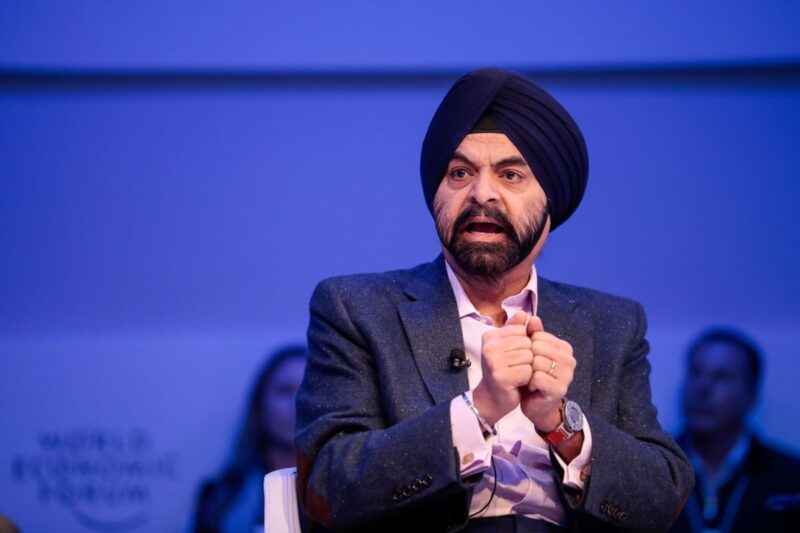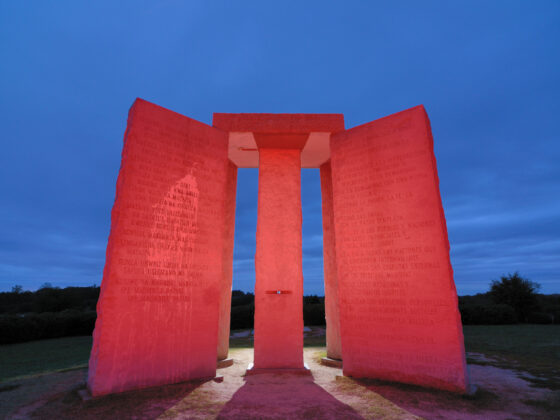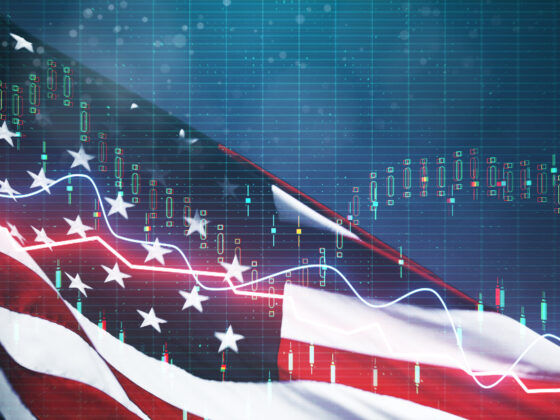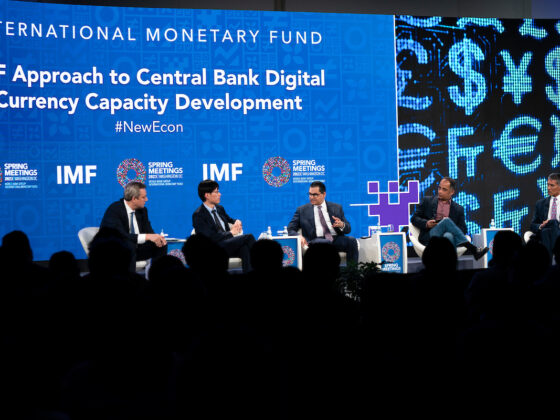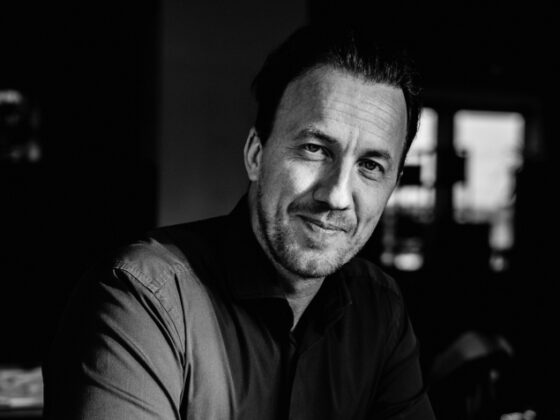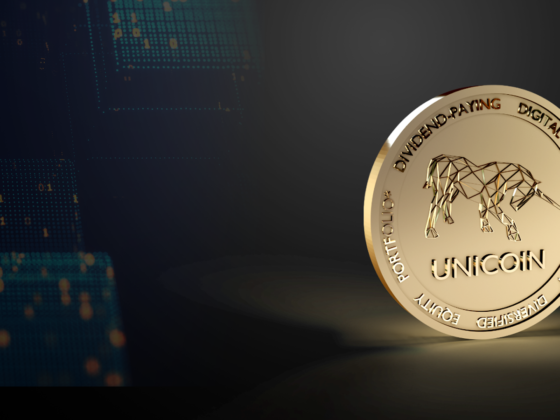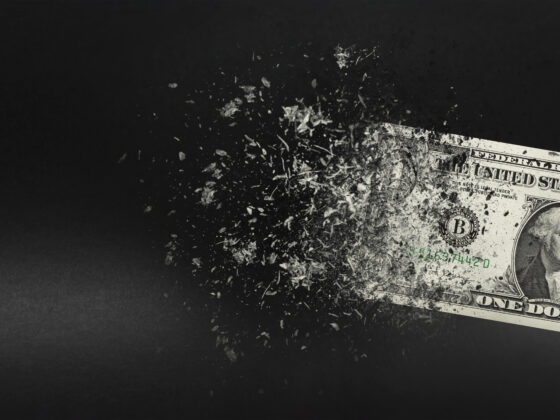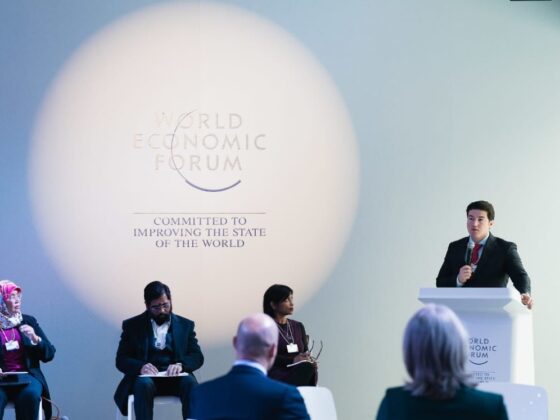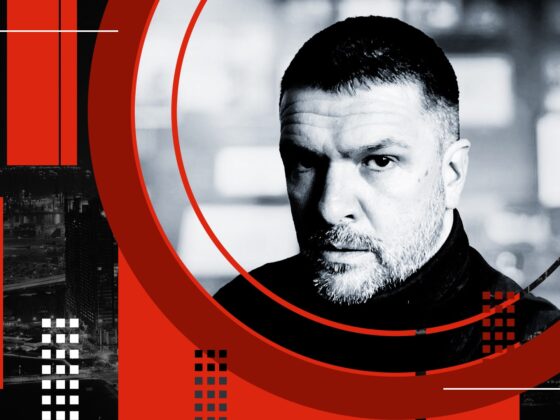Ajay Banga, in his former senior executive roles at Mastercard, waged a decade-long “war on cash.” Under his tenure, the company did more than just about any other to demonise the role of physical money around the world.
Almost exactly two months ago, on February 23, the Biden administration unveiled its nomination for the next president of the World Bank, the Washington-controlled Brettons Wood lending institution. That choice was Ajay Banga, a former CEO of Mastercard Inc and senior executive of Citigroup. In a statement the White House praised Banga for his “extensive experience leading successful organizations in developing countries and forging public-private partnerships to address financial inclusion and climate change.”
As Vijay Prashad noted at the time, there will be no other official candidates for the job since — by convention — the US nominee is automatically selected for the post:
This has been the case for the 13 previous presidents of the World Bank—the one exception was the acting president Kristalina Georgieva of Bulgaria, who held the post for two months in 2019. In the official history of the International Monetary Fund (IMF), J. Keith Horsefield wrote that US authorities “considered that the Bank would have to be headed by a US citizen in order to win the confidence of the banking community, and that it would be impracticable to appoint US citizens to head both the Bank and the Fund.”
By an undemocratic convention, therefore, the World Bank head was to be a US citizen and the head of the IMF was to be a European national. Therefore, Biden’s nomination of Banga guarantees his ascension to the post.
And so it has proven to be. When nominations for the post closed three weeks ago, there were no other publicly declared candidates. Which begs the question: Who is Ajay Banga? And more specifically, what could his appointment mean for the global war on cash?
A “Davos Type of Globalist”
Apart from his Indian heritage, Banga is hardly an atypical choice for World Bank president. He comes from the private sector, has next to no prior experience of development finance and investment, and is closely tied to both Wall Street and corporate America. Up until now his entire career has been spent working for international corporations, from his early days at Nestle in India to later stints at Citigroup and US payments processing giant Mastercard, where he served as president and CEO before being made executive chairman.
On leaving Mastercard in December 31, 2021, Banga joined the growth equity firm General Atlantic. He is chairman of the Partnership for Central America, a public-private partnership ostensibly focused on economic development in the “northern triangle” of Central America. Banga was also the longest-serving chairman of the U.S.-India Business Council (USIBC) representing more than 300 of the largest international companies operating in India, and until recently was chairman of the International Chamber of Commerce.
He has long been a fixture at major events like the World Economic Forum. “He’s very much the Davos type of globalist,” said Bright Simons, an analyst with Imani Africa, a think tank based in Accra, Ghana. And in the eternal spirit of the WEF, Banga plans to leverage public-private partnerships in his new role at the World Bank, recently telling the FT that he will turn to the private sector for both funds and ideas.
As Prashad notes, Banga’s resume is not dissimilar from that of most US appointees to head the World Bank:
The first president of the World Bank was Eugene Meyer, who built the chemical multinational Allied Chemical and Dye Corporation (later Honeywell) and who owned the Washington Post. He too had no direct experience working on eradicating poverty or building public infrastructure. It was through the World Bank that the United States pushed an agenda to privatize public institutions. Men such as Banga have been integral to the fulfillment of that agenda.
Banga has also played a major part in the global war on cash, particularly during his more than 10-year tenure at Mastercard. For payment companies like Mastercard and Visa that generate fees from facilitating money transfers between banks accounts, cash is their number one rival. In 2010, just months into his now job as CEO, Banga openly declared war on cash:
“In today’s terms, only 3% of retail spend in India or in China are through electronic payments. The rest is cash. I have declared war on cash; I believe MasterCard will grow by growing against cash. If you keep looking at 3%, everybody’s a rival; if you look at the remaining 97%, everyone’s a partner.
The strategy appears to have paid off, at least for Mastercard shareholders: During his 11-year tenure, the company tripled revenues, increased net income sixfold and grew its market capitalization from under $30 billon to more than $300 billion.
Read the rest here:


